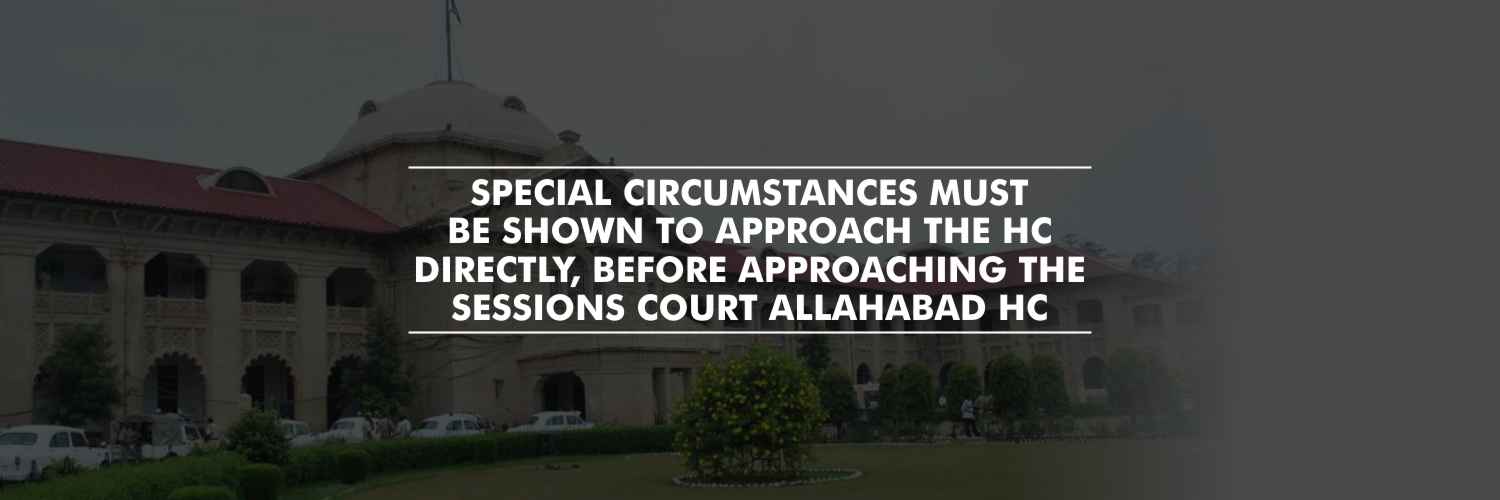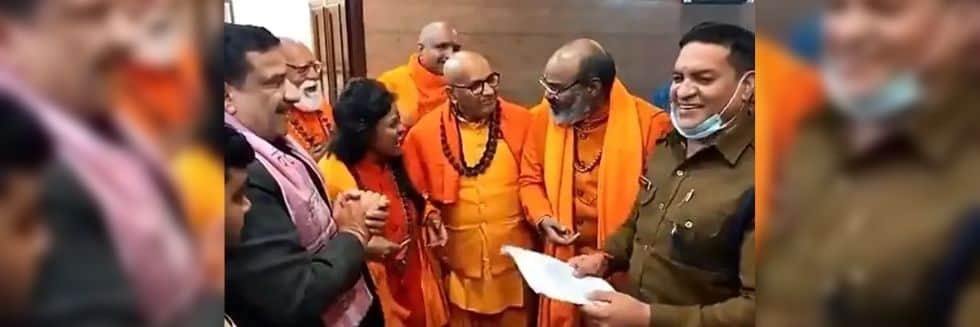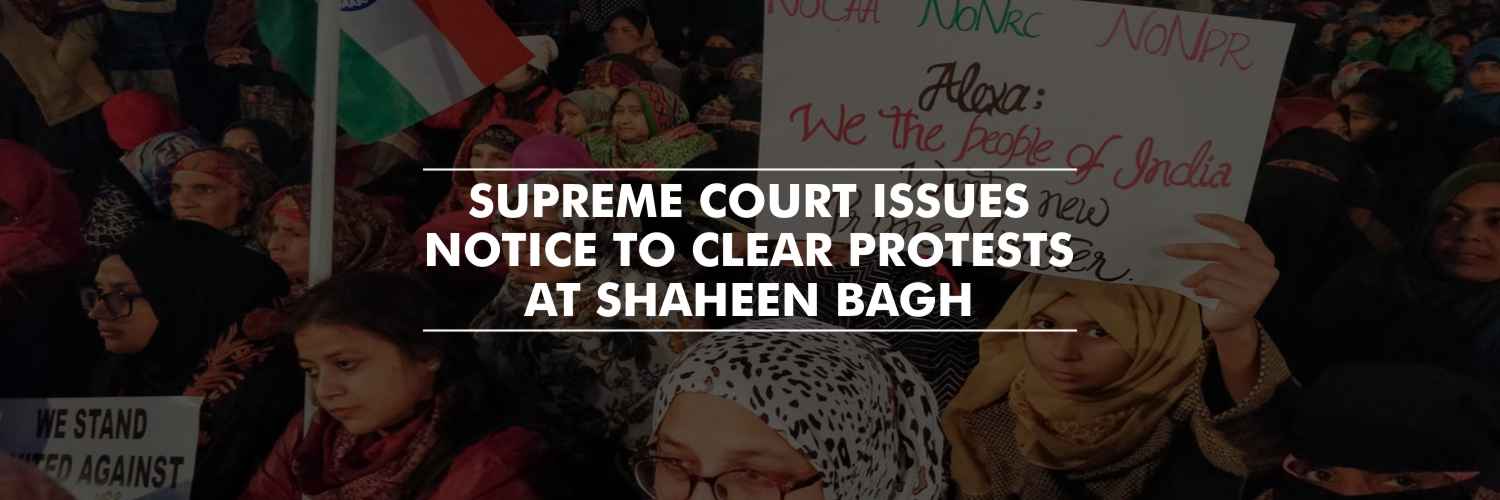The Allahabad High Court on 2 March, held that under special circumstances, a person apprehending arrest may seek anticipatory bail by directly approaching High Court, without first approaching the Sessions court.
The bench comprising of Chief Justice Govind Mathur, Justices Ramesh Sinha, Sunita Agarwal, Yashwant Varma, and Rahul Chaturvedi was referring to a decision rendered by a single-Judge bench of the high court in Vinod Kumar v. State of U.P. and another with regards to the provision of Section 438 of Code of Criminal Procedure.
The bench held that Section 438 of Cr.P.C confers concurrent jurisdiction on both the High Court and the Sessions Court to entertain an application for anticipatory bail. The section in its plain terms does not mandate or require a party to first approach the Sessions Court before applying to the High Court for grant of anticipatory bail.
However, to this concurrence, the bench observed that strong, cogent, compelling and special circumstances must necessarily be found to approach the High Court first, without the avenue as available before the Sessions court being exhausted.
“The application must rest on a strong foundation in respect of both the apprehension of arrest as well as in justification of the concurrent jurisdiction of the High Court is invoked directly” stated the five-judge bench.
Further citing to the decision of the Supreme Court in Gurbaksh Singh Sibbia vs. the State of Punjab, wherein it was cautioned against any attempt to compendiously enumerate the myriad situations in which a petition for anticipatory bail may come to be moved, the Allahabad HC bench stated that, under special circumstances the existence of which has been held to be a sine qua non to the entertainment of an application for anticipatory bail directly by the High Court must be left for the consideration of the Hon’ble Judge before whom the petition is placed and a decision thereon taken bearing in mind the facts and circumstances of that particular cause.
“As rightly held in that decision, there can be no exhaustive or general exposition of circumstances in which an applicant maybe held entitled to approach the High Court directly,” determined the bench.






